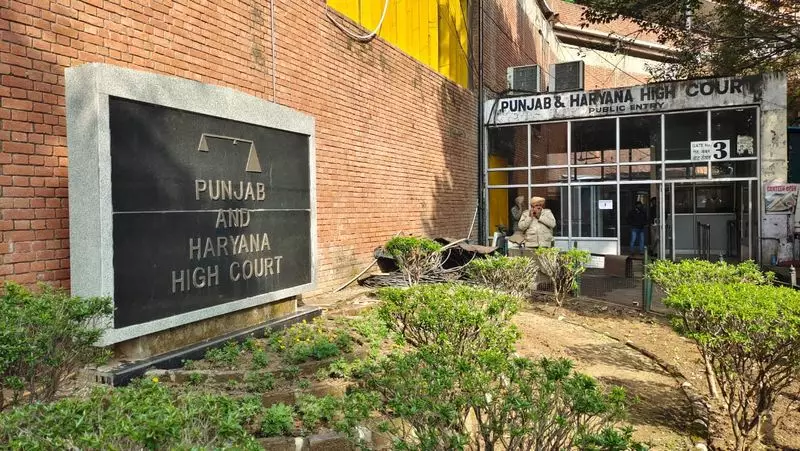
The Punjab and Haryana High Court has expressed strong hope that the long-delayed Panjab University Senate elections will be conducted as expeditiously as possible, bringing relief to the academic community awaiting democratic representation in the university's governing body.
Court Intervention in Stalled Election Process
During a recent hearing, the Division Bench comprising Justice Sureshwar Thakur and Justice Sudeepti Sharma made significant observations regarding the prolonged delay in conducting the Senate elections. The court was addressing a public interest litigation that highlighted the concerning four-year gap since the last elections were held for this crucial academic body.
The Bench explicitly stated that the elections should be held at the earliest possible opportunity, emphasizing the importance of timely democratic processes within academic institutions. This judicial intervention comes as a response to growing concerns about the lack of elected representation in the university's decision-making framework.
Background of the Senate Election Delay
The Panjab University Senate, which serves as the supreme governing body of the institution, has been functioning without elected representatives for an extended period. The last elections were conducted in 2020, meaning the university has operated for nearly four years without proper electoral representation.
The Senate plays a vital role in determining academic policies, approving courses, and shaping the overall direction of the university. Its elected members include representatives from various faculties, college principals, and graduates, creating a diverse body that reflects the broader university community.
Without these elected representatives, critical decisions about curriculum development, examination systems, and institutional policies have been made through alternative mechanisms, raising questions about democratic representation and stakeholder involvement.
Legal Proceedings and Future Implications
The court proceedings revealed that the election delay has created a significant governance vacuum within one of northern India's most prestigious educational institutions. The petitioner argued that the prolonged absence of elected representatives undermines the principles of democratic governance in academic institutions.
The High Court's expression of hope for expedited elections signals judicial support for restoring democratic processes in academic administration. This development could set an important precedent for other universities facing similar delays in their electoral processes.
Legal experts suggest that the court's intervention highlights the growing judicial recognition of the importance of timely elections in educational institutions. The ruling emphasizes that democratic processes within universities are not merely administrative formalities but essential components of institutional health and accountability.
As the university administration now works to implement the court's guidance, the academic community awaits concrete steps toward organizing the long-pending elections. The successful conduct of these elections will mark a significant step toward restoring complete democratic governance at Panjab University.





